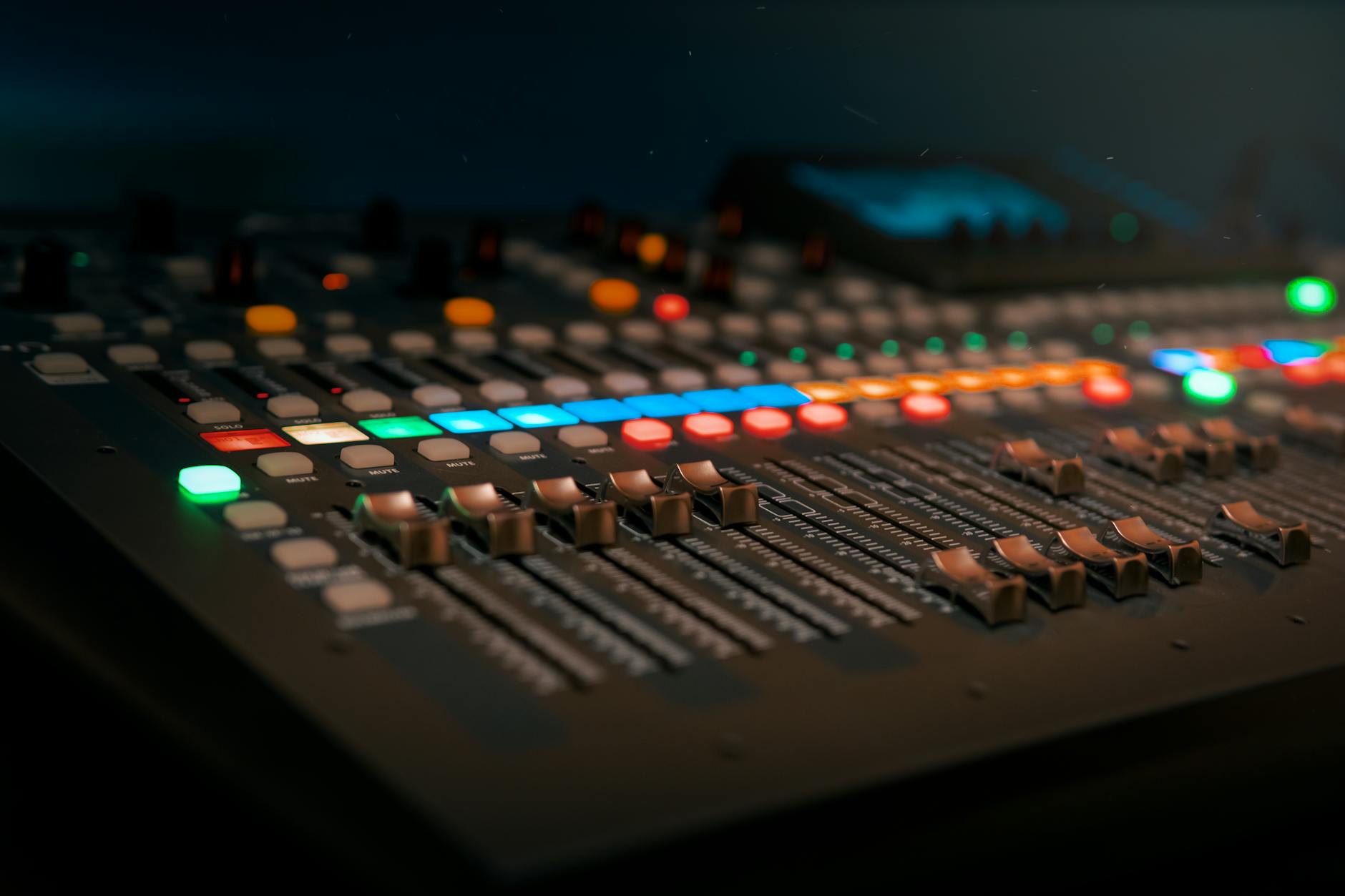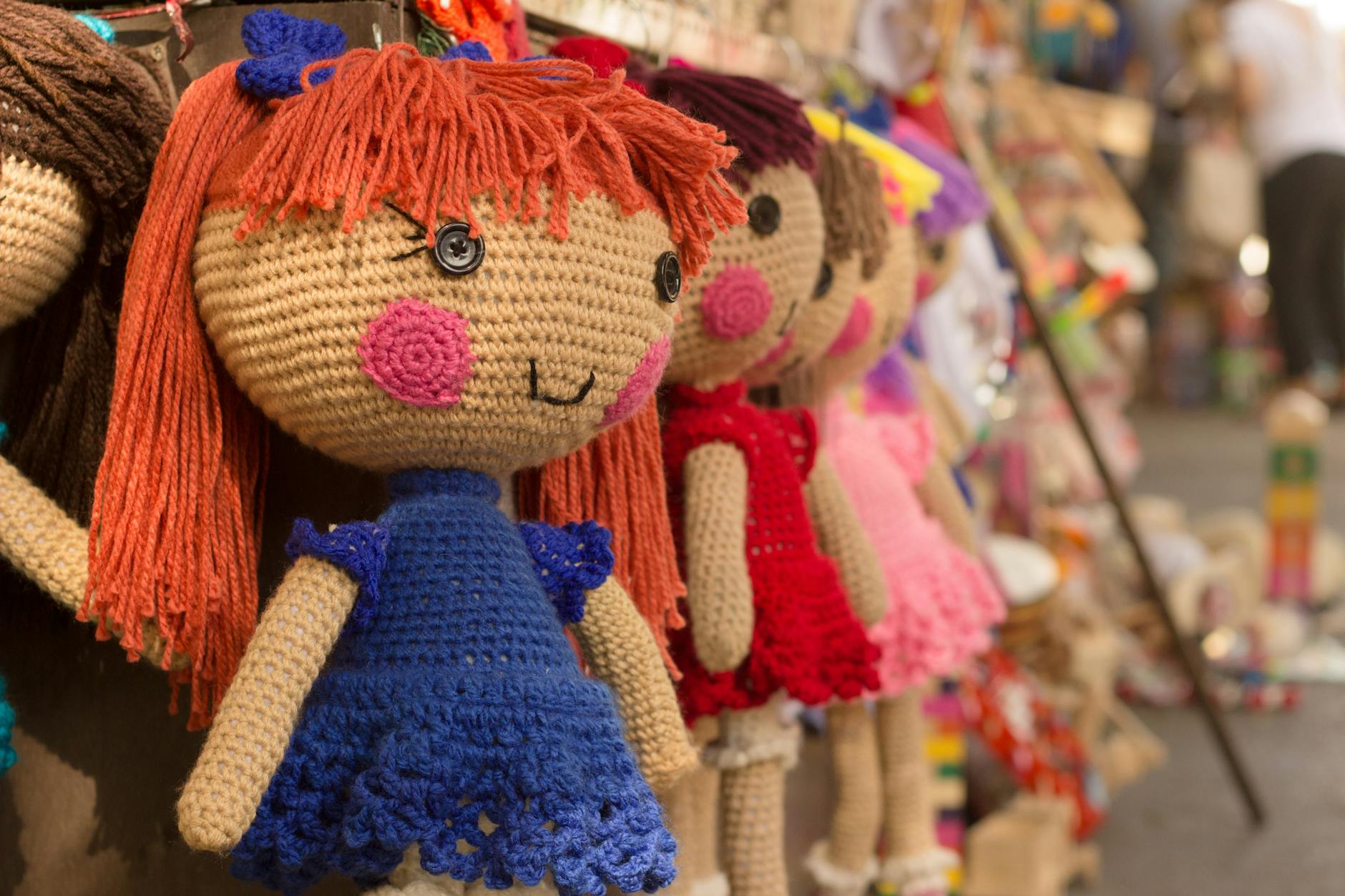How to Elevate Your Studio's Acoustics with Innovative Solutions in Australia

Key Studio Acoustics
Acoustic Treatment Basics
When setting up a studio in Melbourne, drawing inspiration from the vibrant palette of Hosier Lane's street art can be as crucial as the technical elements. Understanding the fundamental principles of acoustic treatment ensures that your studio sounds as good as it looks. Start with diffusers placed in strategic locations; they help in scattering sound waves, preventing unwanted echo, and enhancing audio clarity. While styles may vary, the goal is always to create a balanced acoustic environment.
For those committed to professional sound quality, investing in items like a professional microphone is a must. It captures nuanced performances and supports the clarity you'll need for high-quality production.
Integrating acoustically transparent materials allows sounds to pass through to be absorbed by diffusers behind them, maintaining the balance without compromising your studio's aesthetic.
Although it's tempting to rely solely on technology, laying foundational acoustic treatments ensures lasting results and optimises the studio environment for any motorised projector screen you add later. These basics form the cornerstone of an inspiring and productive studio space, setting your projects up for success time and again.
Innovative Acoustic Solutions
Modern Acoustic Panels
In the world of sound engineering, the use of modern acoustic panels is crucial. Much like the gritty yet inspiring street art of Hosier Lane, these panels are both functional and artistic, offering optimal sound absorption without compromising on style. Acoustic panels today are customisable, allowing sound engineers like myself to choose from various textures, colours, and materials that complement the studio aesthetic while ensuring sound clarity and effectiveness.
Sound Diffusion Systems
Sound diffusion systems have become vital for creating a balanced audio environment. These systems break up and scatter sound waves, reducing echo and improving sound quality. This is particularly advantageous to studios located near lively areas like Fitzroy, where external noise can intrude during live recordings. A universal remote can streamline the control of these systems, providing precision adjustments to suit the acoustics of any recording session.
Smart Sound Technology
Integrating smart sound technology is about crafting an intelligent audio landscape. This encompasses solutions like real-time sound monitoring and adaptive acoustic environments that adjust according to the frequency outputs. For audio professionals experimenting with different soundscapes, leveraging a recording microphone that harmonises with smart systems can dramatically enhance the recording quality. By investing in such sophisticated tech, studios can pioneer innovative audio experiences, keeping them at the cutting edge of sound production while catering to artists' creative demands.
Enhancing with Technology
Advanced Recording Equipment
Incorporating advanced recording equipment can be transformative for streamlining your studio operations and enhancing sound quality. Key among the tools to consider are data projectors, which are fantastic for visualising complex audio mixes during studio sessions. These projectors can also assist in showcasing client presentations or hosting educational workshops right in your studio.
To further refine audio quality, think about integrating induction loop systems—especially if you're keen on ensuring clarity in environments where hearing aids are in use. This technology can bridge the gap in audio clarity, particularly in mixed-use studio spaces where ambient noise may interfere with sound quality.
Here's a brief list to keep on your radar:
- Recording Microphones: Invest in versatile microphones that cater to various vocal tones and instrument ranges.
- Mixing Consoles: Analyze your daily and project needs to determine the optimum console size and capabilities.
- Monitor Speakers: A high-quality monitor will accurately reflect the intricacies of your sound works.
Explore solutions around Melbourne, whether through the audio equipment stores on Elizabeth Street or a deep dive into the resources available at the live music venues in the Fitzroy district. These local gems provide not only equipment but also insights into how best to adapt them to your studio's unique acoustics. By prioritising advanced recording equipment, the efficiency and quality of your productions will reach new heights.
Creative Studio Design
Space Utilization Tips
When it comes to crafting an efficient studio, it's all about making the most of your available space. Start by analysing your studio's layout. Where are the natural acoustics best? A well-placed hearing loop can make a significant difference in capturing clear, distortion-free audio. This simple tool can transform the way audio signals interact within a confined area.
Aesthetic Acoustics
Aesthetic considerations in studio design go beyond just looking good—they influence sound quality too. Opt for materials that double as acoustic treatment, like textured wall finishes, which not only add a visual flair but also aid in sound absorption. Collaborating with local artists or utilising nearby Hosier Lane's rich street art vibe can inject a unique character into your studio, reflecting Melbourne's creative energy.
Ergonomic Layouts
Your studio's ergonomic layout is essential to ensure both comfort and productivity. Consider the placement of your audio workstations and seating; ergonomics is not merely a luxury but a necessity to prevent fatigue during long sessions. Organising cables and equipment efficiently will not only enhance the workflow but also prevent potential hazards, keeping the studio environment safe and professional. By approaching studio design with these insights in mind, you can balance aesthetics, functionality, and acoustic excellence.
Pitfalls to Avoid
Over-Investing in Technology
It's all too easy to get swept up in the latest and greatest gadgets offered at your local audio equipment store on Elizabeth Street. The allure of cutting-edge tech can make any aspiring audio engineer empty their pockets quicker than a bass drop at a live gig. I've seen folks pouring resources into top-tier gear like recording studio software solutions without truly understanding how to maximise their potential. Remember, the best equipment is only as good as the person using it. So, before you go on a spending spree, consider what you really need to produce stellar sounds. A good tip: focus on mastering the gear you already own, and only upgrade when you have a particular need that's not being met.
Ignoring Room Acoustics
Amid the hustle of live music venues in the Fitzroy district, you might forget the one element that makes or breaks a recording—the room itself. Ignoring room acoustics can turn your studio dreams into nightmares faster than you can say "reverb". It's not about filling the space with random bits and pieces but understanding how sound moves within it. Spend time on acoustic treatments or tweaking your layout so it harmonises with your current setup before diving head-first into buying more stuff. Think of it like the street art in Hosier Lane—every detail matters for that final masterpiece.
Underestimating Maintenance Needs
Consider this lesson learned from personal experience: maintenance is key. Neglecting regular upkeep of your gear will not only burn a hole in your pocket when things go south but also halt your creative flow. Consider setting a weekly slot for routine checks and simple maintenance tasks. Consistency is vital, as is your willingness to get hands-on. It keeps your setup running smoothly, ensuring your studio sound design remains top-notch year-round. By paying attention to these elements, you'll save yourself future headaches and inspire greatness in every session.


